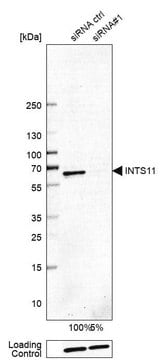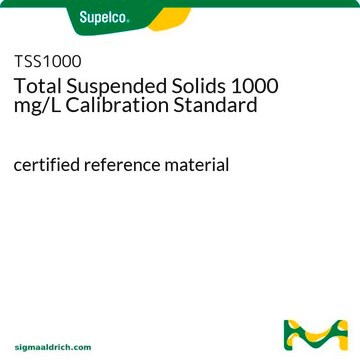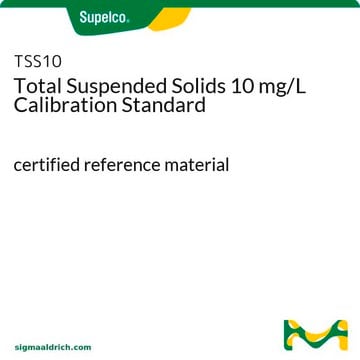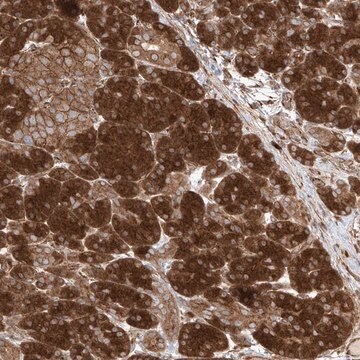07-1802
Anti-TAF3 Antibody
serum, from rabbit
Synonyme(s) :
Transcription initiation factor TFIID subunit 3, 140 kDa TATA box-binding protein-associated factor, TBP-associated factor 3
Transcription initiation factor TFIID 140 kDa subunit, TAF(II)140, TAF140, TAF140, TAFII140
About This Item
Produits recommandés
Source biologique
rabbit
Niveau de qualité
Forme d'anticorps
serum
Type de produit anticorps
primary antibodies
Clone
polyclonal
Espèces réactives
mouse
Réactivité de l'espèce (prédite par homologie)
rhesus macaque, guinea pig, human
Technique(s)
ChIP: suitable
immunoprecipitation (IP): suitable
Numéro d'accès NCBI
Numéro d'accès UniProt
Conditions d'expédition
wet ice
Modification post-traductionnelle de la cible
unmodified
Informations sur le gène
human ... TAF3(83860)
mouse ... Taf3(209361)
Description générale
Immunogène
Application
Epigenetics & Nuclear Function
Transcription Factors
Qualité
Immunoprecipitation Analysis: A 1:1,000 dilution of this antibody detected TAF3 in 500 µg of C2C12 cell lysate.
Description de la cible
Forme physique
Stockage et stabilité
Handling Recommendations: Upon receipt and prior to removing the cap, centrifuge the vial and gently mix the solution. Aliquot into microcentrifuge tubes and store at -20°C. Avoid repeated freeze/thaw cycles, which may damage IgG and affect product performance.
Remarque sur l'analyse
C2C12 cell lysate.
Clause de non-responsabilité
Vous ne trouvez pas le bon produit ?
Essayez notre Outil de sélection de produits.
Code de la classe de stockage
10 - Combustible liquids
Classe de danger pour l'eau (WGK)
WGK 1
Certificats d'analyse (COA)
Recherchez un Certificats d'analyse (COA) en saisissant le numéro de lot du produit. Les numéros de lot figurent sur l'étiquette du produit après les mots "Lot" ou "Batch".
Déjà en possession de ce produit ?
Retrouvez la documentation relative aux produits que vous avez récemment achetés dans la Bibliothèque de documents.
Notre équipe de scientifiques dispose d'une expérience dans tous les secteurs de la recherche, notamment en sciences de la vie, science des matériaux, synthèse chimique, chromatographie, analyse et dans de nombreux autres domaines..
Contacter notre Service technique







